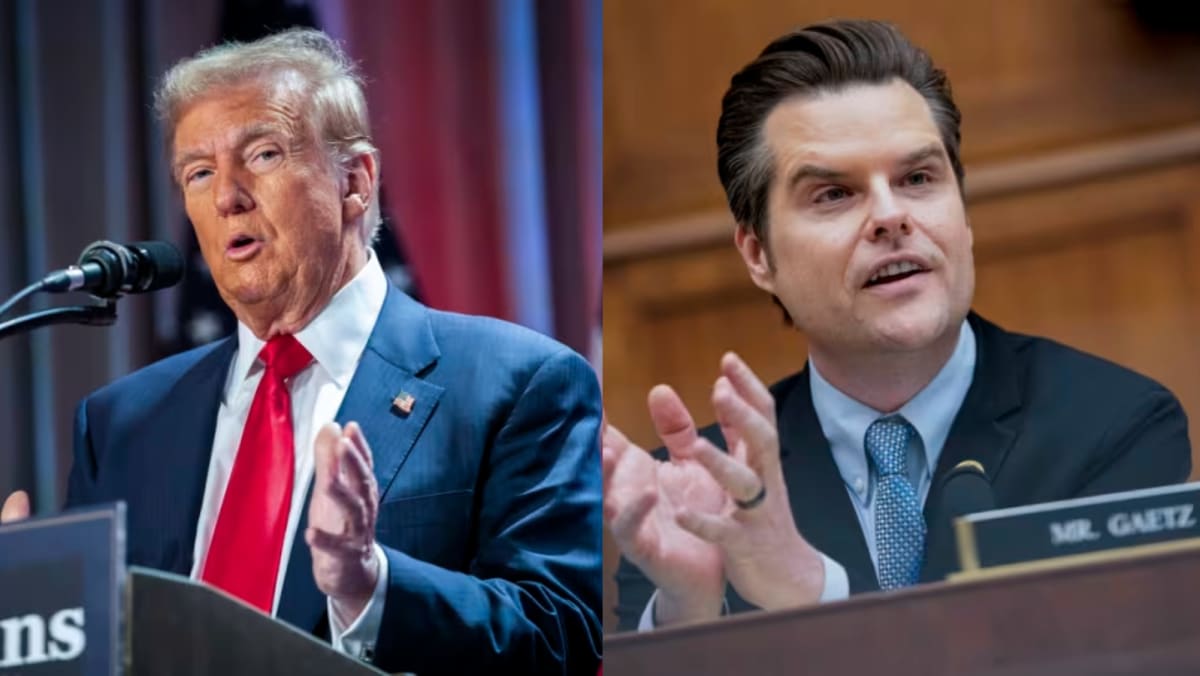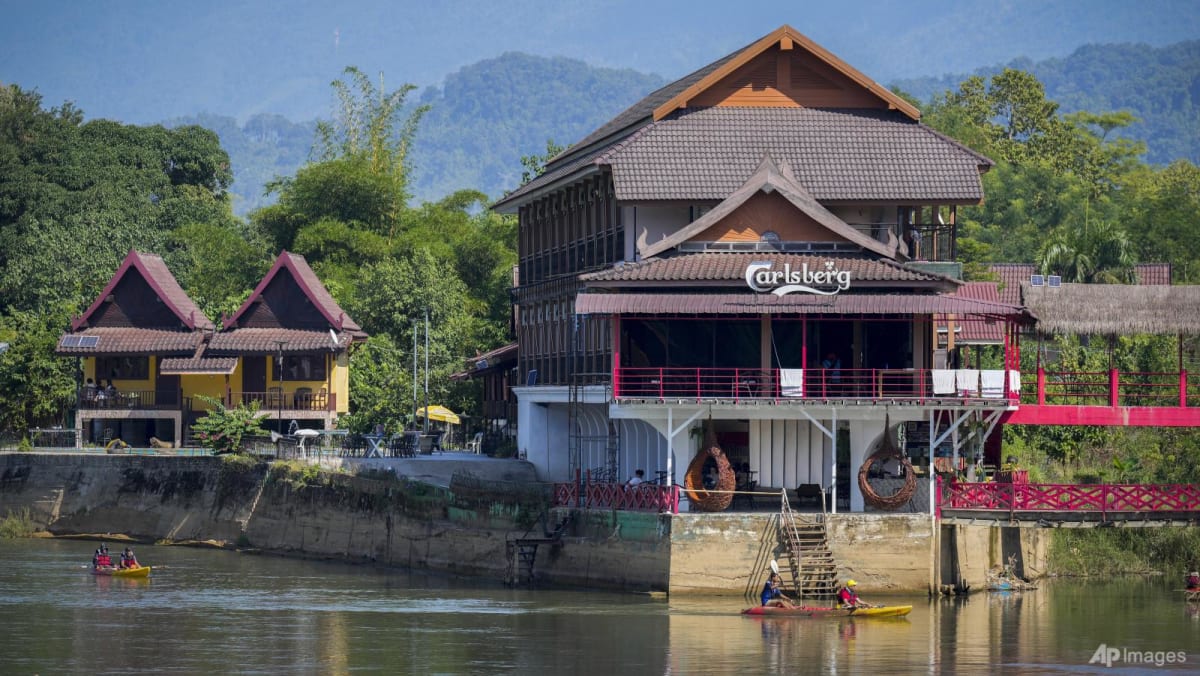What is the Wagner Group? A look at the mercenary force led by Yevgeny Prigozhin

How is Moscow reacting?
In a televised address on Saturday, Putin said “traitors” who had taken up arms against the Russian military would be punished.
He said “excessive ambitions and vested interests have led to treason”, and called the mutiny a “stab in the back”.
The National Anti-Terrorism Committee, which is part of the Federal Security Services, or FSB, said Prigozhin would be investigated on charges of calling for an armed rebellion.
The FSB urged Wagner’s contract soldiers to arrest Prigozhin and refuse to follow his “criminal and treacherous orders”.
Riot police and the National Guard have been scrambled to tighten security at key facilities in Moscow, including government agencies and transport infrastructure, state news agency TASS reported.
How could this affect Russia’s war?
The rebellion marks the most serious challenge yet to Putin’s long rule and Russia’s most serious security crisis since he came to power in late 1999.
It could divert attention and resources away from the battlefields in Ukraine, at a time when Kyiv is in the midst of a counteroffensive to seize back territory.
Ukraine’s army has said it was “watching” the infighting between Prigozhin and Putin.
Moscow meanwhile has warned that Kyiv’s army was seizing the moment to concentrate its troops “for offensive actions” near Bakhmut.
The significance of the mutiny was also not lost on world leaders, with leaders of the United States, France and Germany all saying that they are watching developments closely.
Where else has Wagner operated?
Wagner had come to play a central role in Putin’s projection of Russian influence in trouble spots around the world.
The US, European Union and United Nations have said the mercenary force was involved in conflicts in countries across Africa in particular. Wagner fighters allegedly provide security for national leaders or warlords in exchange for lucrative payments, often including a share of gold or other natural resources.
Western countries and UN experts have accused Wagner mercenaries of human rights abuses throughout Africa, including in Central African Republic, Libya and Mali.
In 2021, the European Union accused the group of “serious human rights abuses, including torture and extrajudicial, summary or arbitrary executions and killings”, and of carrying out “destabilising activities” in the Central African Republic, Libya, Syria and Ukraine.
Source: CNA















